How to keep your liver Healthy
Optimizing Liver Wellness: Practical Tips for a Healthy Liver
Introduction:
Explore practical tips and strategies for maintaining a healthy liver through balanced nutrition, lifestyle choices, and preventive measures. Learn about foods to include and avoid for optimal liver function
The liver is a vital organ that plays a crucial role in various physiological processes, including metabolism, detoxification, and nutrient storage. Ensuring the health of your liver is essential for overall well-being. This essay will explore practical and effective strategies to maintain a healthy liver, emphasizing the importance of lifestyle choices and preventive measures.
Keep you liver healthy by Balanced Nutrition
A key factor in promoting liver health is maintaining a balanced and nutritious diet. Focus on incorporating a variety of fruits, vegetables, whole grains, and lean proteins into your meals. Avoid excessive consumption of processed foods, saturated fats, and added sugars, as these can contribute to fatty liver disease and inflammation.
Keep you liver healthy by Hydration
Staying adequately hydrated is crucial for liver function. Water helps flush out toxins from the body and supports the liver in its detoxification processes.
Aim to drink plenty of water throughout the day, and limit the intake of sugary beverages and excessive alcohol, as they can strain the liver.
Keep you liver healthy by non-alcohol Consumption
Excessive alcohol intake can lead to liver damage, including cirrhosis and alcoholic liver disease.
To maintain a healthy liver, it’s important to avoid any consume of alcohol.
Keep you liver healthy by Regular Exercise
Engaging in regular physical activity is beneficial for overall health and can significantly impact liver health.
Exercise helps maintain a healthy weight, reduce fatty deposits in the liver, and improve insulin sensitivity.
Aim for at least 150 minutes of moderate-intensity exercise per week, incorporating activities like walking, jogging, or cycling.
Keep you liver healthy by Weight Management
Obesity is a significant risk factor for liver diseases, including non-alcoholic fatty liver disease (NAFLD).
Maintaining a healthy weight through a combination of balanced nutrition and regular exercise can prevent the accumulation of fat in the liver and reduce the risk of liver-related complications.
Keep you liver healthy by Limiting Medication and Supplement Intake
Some medications and supplements may have adverse effects on the liver. It’s essential to use medications only as prescribed by healthcare professionals and to be cautious with the use of herbal supplements. Regularly review your medications with your healthcare provider to ensure they are not putting undue stress on your liver.
Keep you liver healthy by Regular Health Check-ups
Schedule regular health check-ups to monitor your liver function through blood tests and imaging studies. Early detection of liver issues allows for timely intervention and can prevent the progression of diseases.
Keep you liver healthy by Fiber-Rich Diet
Include plenty of fiber in your diet as it aids in digestion and helps regulate blood sugar levels.
Foods high in fiber, such as fruits, vegetables, and whole grains, contribute to overall digestive health and support the liver in processing nutrients efficiently.
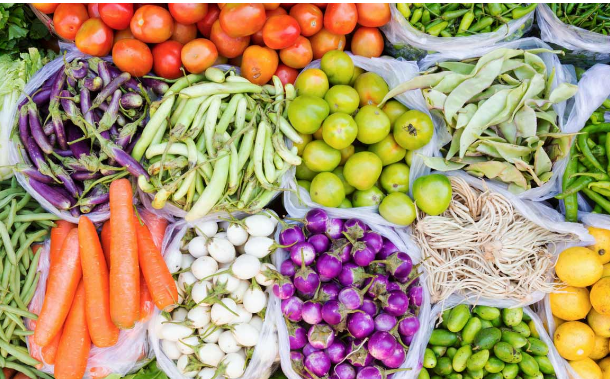

Keep you liver healthy by Limiting Sugar Intake
High sugar intake, especially from added sugars and sugary beverages, can contribute to the development of non-alcoholic fatty liver disease (NAFLD).
Minimize your consumption of sweets and opt for natural sources of sweetness, such as fruits, to reduce the risk of liver complications.
Keep you liver healthy by Healthy Fats
Choose healthy fats, such as those found in avocados, nuts, and olive oil, over saturated and trans fats.
These fats support the liver in producing and regulating cholesterol levels, promoting a healthier lipid profile and reducing the risk of fatty liver disease.
Keep you liver healthy by Liver-Cleansing Foods
Incorporate foods known for their liver-cleansing properties, such as garlic, turmeric, beets, and leafy greens.
These foods contain antioxidants and compounds that support the liver’s natural detoxification processes.
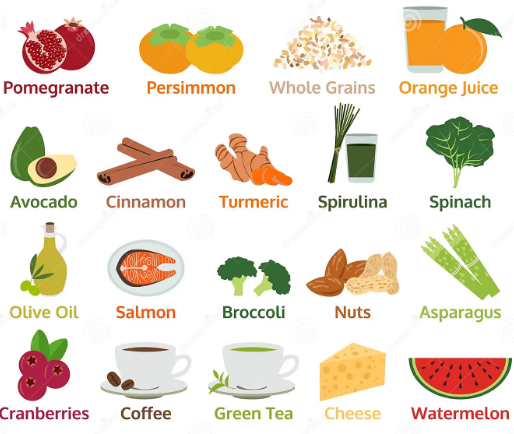

Keep you liver healthy by Manage Stress
Chronic stress can negatively impact liver health.
Practice stress-reducing activities such as yoga, meditation, or deep breathing exercises to promote overall well-being and alleviate stress-related strain on the liver.
Keep you liver healthy by Avoiding Hepatotoxic Substances
Be cautious with exposure to hepatotoxic substances, including certain chemicals, solvents, and environmental toxins. Minimize contact with these substances and use protective measures when necessary to prevent liver damage.
Keep you liver healthy by Vaccination
Protect yourself against hepatitis viruses by getting vaccinated. Hepatitis A and B vaccines are effective in preventing these viral infections, which can lead to serious liver damage if left untreated.
Keep you liver healthy by Quality Sleep
Prioritize getting an adequate amount of quality sleep each night. Sleep plays a crucial role in the body’s repair and regeneration processes, including those related to liver health. Aim for 7-9 hours of uninterrupted sleep per night.
Keep you liver healthy by Regular Liver Detoxification
While the liver naturally detoxifies the body, some individuals may consider periodic liver detoxification programs.


However, it’s essential to approach such programs cautiously and under the guidance of healthcare professionals to ensure their safety and effectiveness.
What are the food must be avoid for healthy liver ?
Maintaining a healthy liver involves being mindful of your dietary choices. Certain foods and beverages can strain the liver, potentially leading to liver damage or fatty liver disease.
Here are some foods to limit or avoid for a healthy liver
Processed Foods:
Highly processed foods often contain high levels of unhealthy fats, sugars, and additives. These can contribute to weight gain and fatty liver disease. Opt for whole, unprocessed foods instead.
Sugary Foods and Beverages:
High sugar intake, especially from added sugars, is associated with non-alcoholic fatty liver disease (NAFLD). Minimize the consumption of sugary snacks, desserts, and sweetened beverages.
Highly Sugared Drinks:
Beverages like sodas and fruit juices often contain excessive amounts of sugar. These can contribute to weight gain and liver fat accumulation. Choose water, herbal teas, or drinks with no added sugars.
Fried and Fatty Foods:
Foods high in unhealthy fats, especially saturated and trans fats, can contribute to liver inflammation and fatty liver disease. Limit the intake of fried foods, fast food, and commercially baked goods.
Excessive Alcohol:
Heavy alcohol consumption is a major cause of liver damage, leading to conditions such as alcoholic liver disease and cirrhosis. Limit alcohol intake to moderate levels or avoid it altogether for optimal liver health.
High-Sodium Foods:
Foods high in sodium can contribute to fluid retention and may exacerbate liver-related complications. Reduce the intake of processed and salty foods, and choose fresh, whole foods instead.
Red and Processed Meats:
High consumption of red and processed meats has been linked to liver disease. Limit the intake of processed meats like sausages and hot dogs, and choose lean protein sources such as poultry, fish, and plant-based proteins.
Artificial Sweeteners:
Some studies suggest a <a href="https://gogoacademy.net/science-for-primary-4th-final-revision-for-primary-4/">potential</a> link between artificial sweeteners and negative effects on liver health. While more research is needed, it may be prudent to consume these sweeteners in moderation or opt for natural alternatives.
High-Fructose Corn Syrup (HFCS):
HFCS is a sweetener commonly found in processed foods and sugary beverages. Excessive consumption of HFCS has been associated with liver fat accumulation. Check food labels and choose products with minimal or no HFCS.
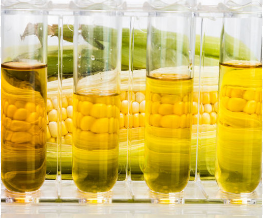

Excessive Vitamin A Supplements:
While vitamin A is essential for health, excessive amounts from supplements can be harmful to the liver. Ensure that you’re getting recommended levels of vitamins and minerals through a balanced diet rather than relying solely on supplements.
Remember, moderation and balance are key when it comes to a healthy liver.
It’s always advisable to consult with a healthcare professional or a registered dietitian for personalized dietary recommendations based on your specific health needs and conditions.
What Are the food must be eat for healthy liver?
A diet that promotes liver health includes a variety of <a href="https://gogoacademy.net/the-healthy-meals-for-kids/">nutrient-rich foods</a> that support the organ’s function and overall well-being. Here’s a list of foods that are beneficial for a healthy liver:
Fruits and Vegetables for Healthy liver:
High in antioxidants, vitamins, and fiber, fruits and vegetables support liver function and help protect against inflammation. Choose a colorful variety, including berries, citrus fruits, leafy greens, and cruciferous vegetables like broccoli and Brussels sprouts.
Whole Grains for Healthy liver:
whole grains such as brown rice, quinoa, and whole <a href="https://gogoacademy.net/science-prep-1-final-revision/">wheat</a> bread over refined grains.
Whole grains provide fiber and nutrients that contribute to a healthy digestive system.
Lean Proteins for Healthy liver:
Include sources of lean protein in your diet, such as poultry, fish, tofu, legumes, and low-fat dairy. Protein is essential for tissue repair and supports overall liver health.


Healthy Fats for Healthy liver:
Incorporate sources of healthy fats, such as avocados, nuts, seeds, and olive oil. These fats provide essential fatty acids that support liver function and help maintain a healthy lipid profile.
Fatty Fish for Healthy liver
Fatty fish like salmon, mackerel, and sardines are rich in omega-3 fatty acids. These fats have anti-inflammatory properties and may help reduce liver fat.
Garlic for Healthy liver
Garlic contains compounds that support liver detoxification and have anti-inflammatory properties. It can be included in various dishes to add flavor and health benefits.
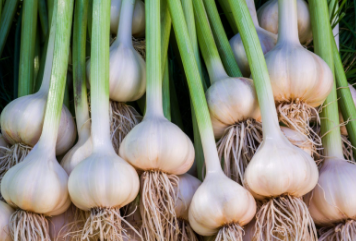

Turmeric for Healthy liver
The active compound in turmeric, curcumin, has anti-inflammatory and antioxidant properties.
Adding turmeric to your diet, either in cooking or as a supplement, may contribute to liver health.
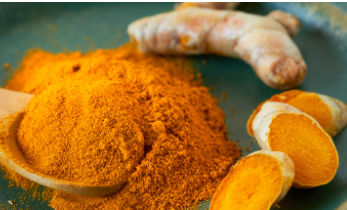

Green Tea for Healthy liver
Green tea is rich in antioxidants and has been associated with liver protection.
It may help reduce fat accumulation in the liver and promote overall liver function.
Low-Fat Dairy for Healthy liver
Choose low-fat dairy products for a good source of protein, calcium, and other essential nutrients.
These products can be part of a balanced diet that supports liver health.
Water for Healthy liver
Staying hydrated is crucial for overall health and supports the liver’s detoxification processes. Aim to drink an adequate amount of water throughout the day.
Berries for Healthy liver
Berries, such as blueberries and strawberries, are rich in antioxidants that help protect the liver from oxidative stress and inflammation.
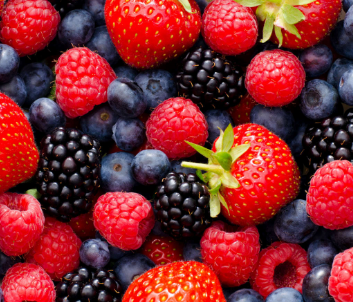

Beets for Healthy liver
Beets contain betalains, which are compounds with antioxidant and anti-inflammatory properties. They may help support liver function and protect against liver damage.


Oats for Healthy liver
Oats are a good source of soluble fiber, which can help lower cholesterol levels and support digestive health.


Nuts and Seeds for Healthy liver
Nuts and seeds, like walnuts and flaxseeds, provide healthy fats and essential nutrients that benefit liver health.
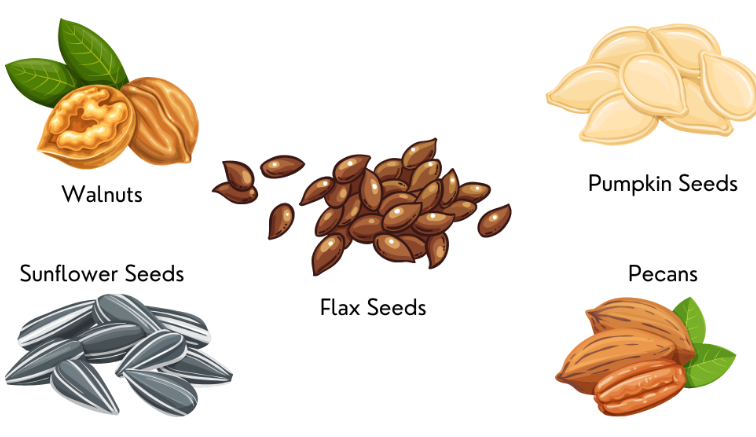

Remember, the key to a healthy liver is maintaining a balanced and varied diet, along with a healthy lifestyle that includes regular exercise and moderation in alcohol consumption. As always, individual dietary needs may vary, and it’s advisable to consult with a healthcare professional or a registered dietitian for personalized advice based on your specific health conditions and goals.
References
American Liver Foundation. “Maintaining a Healthy Liver.” Retrieved from
World Health Organization. “Guidelines for a Healthy Lifestyle
Liver Health Research Group. “Nutritional Impact on Liver Function: A Comprehensive Review.” Journal of Hepatology .


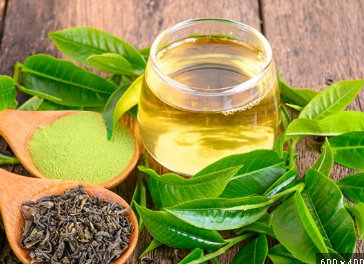

Your blog has helped me through some tough times and I am so grateful for your wise words and positive outlook
Your writing is a breath of fresh air It’s clear that you put a lot of thought and effort into each and every post
Your posts always provide me with a new perspective and encourage me to look at things differently Thank you for broadening my horizons
Your posts always provide me with a new perspective and encourage me to look at things differently Thank you for broadening my horizons